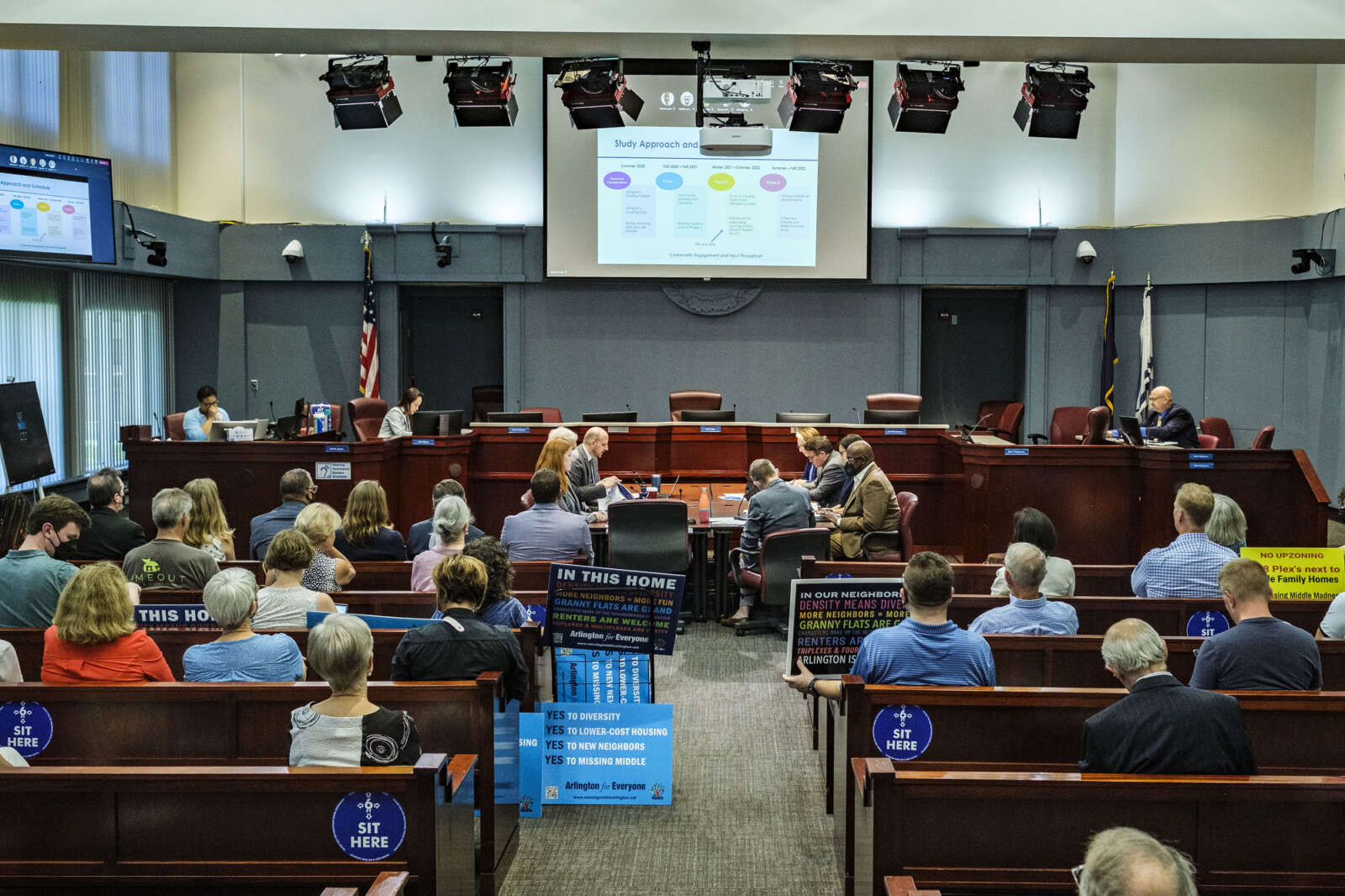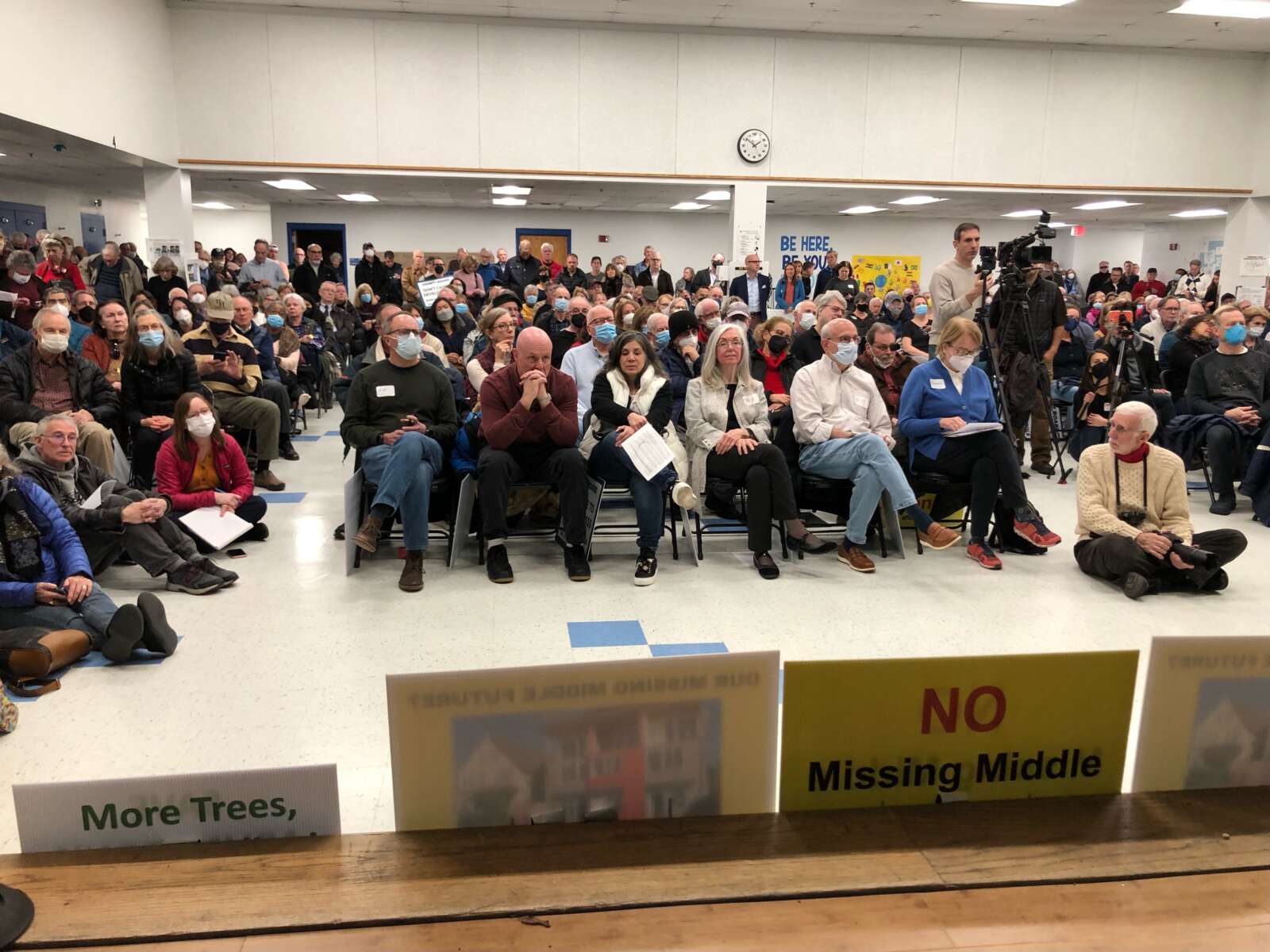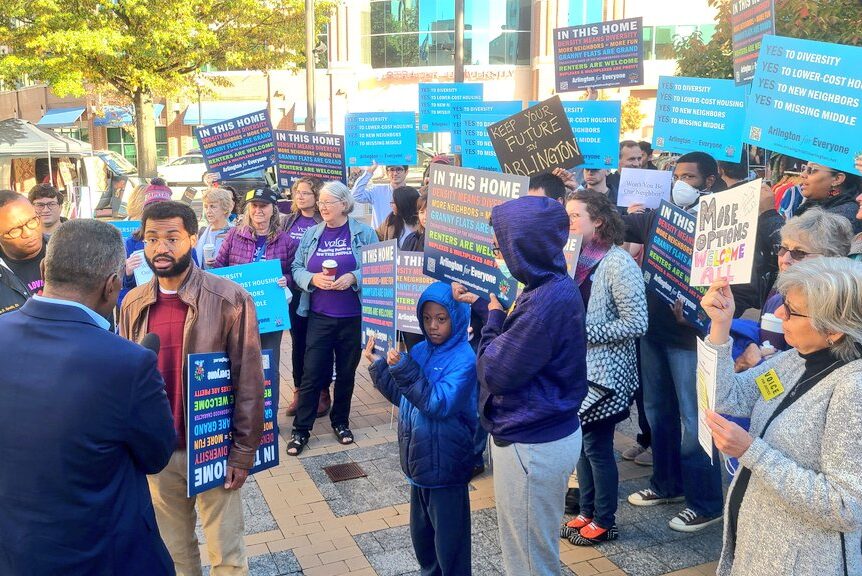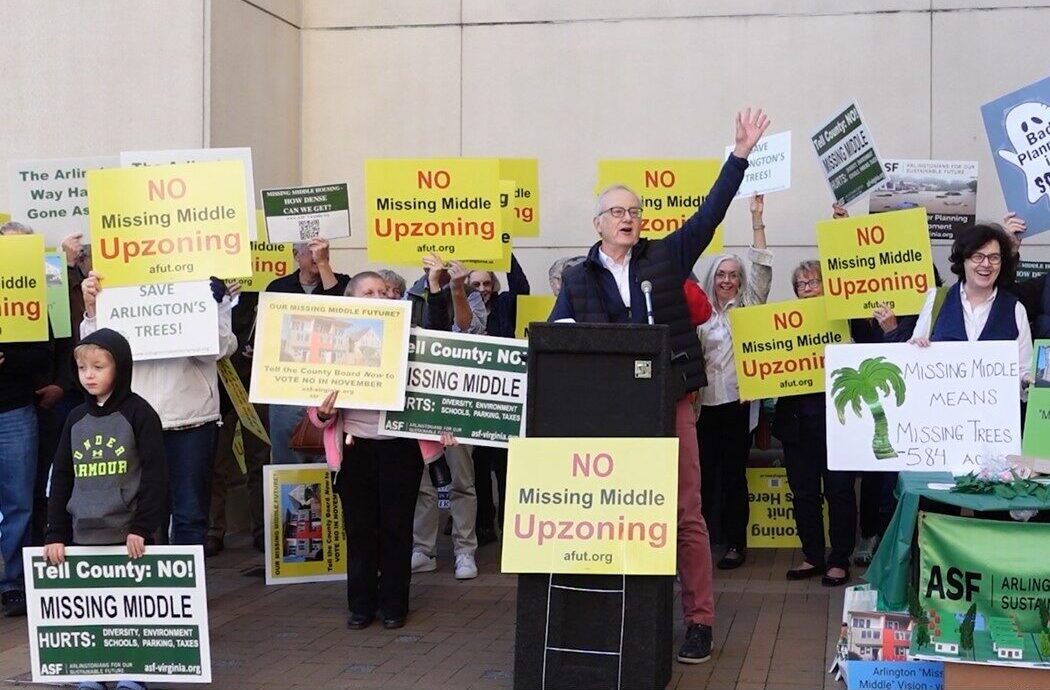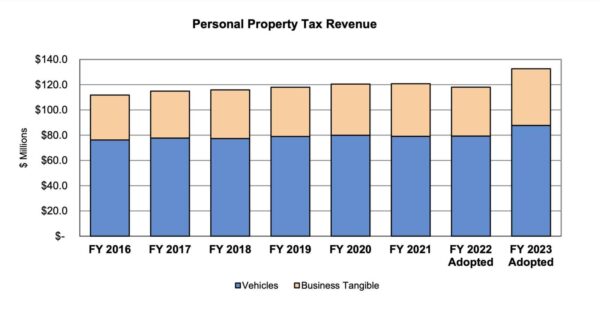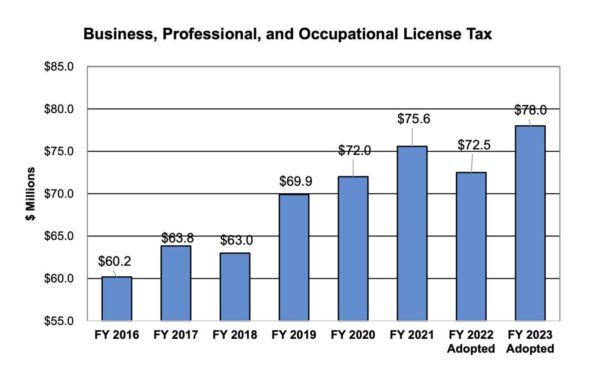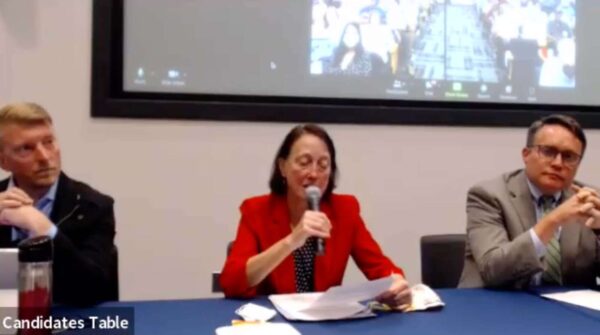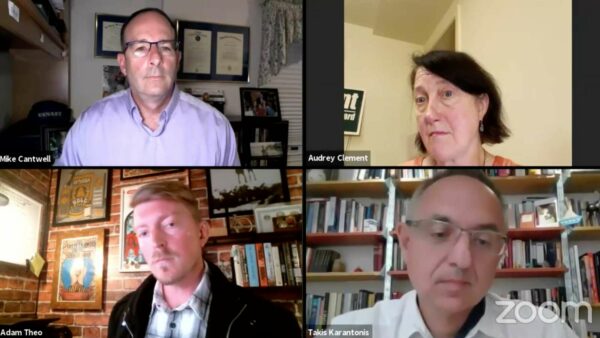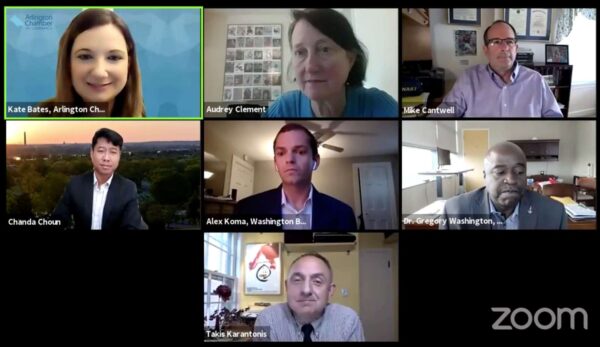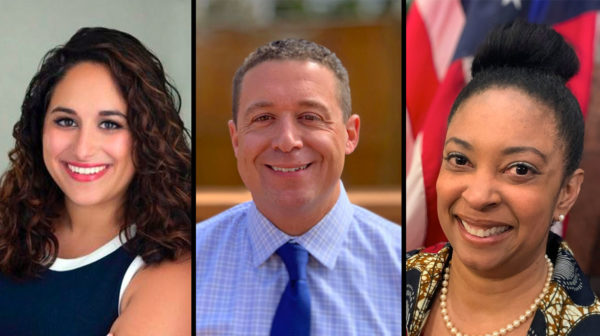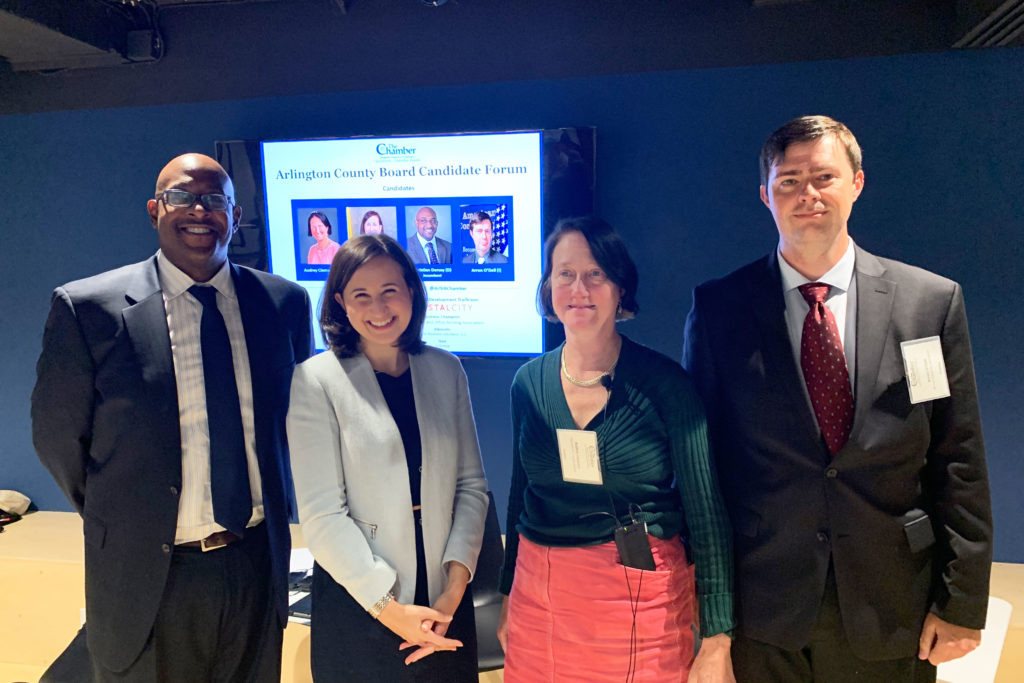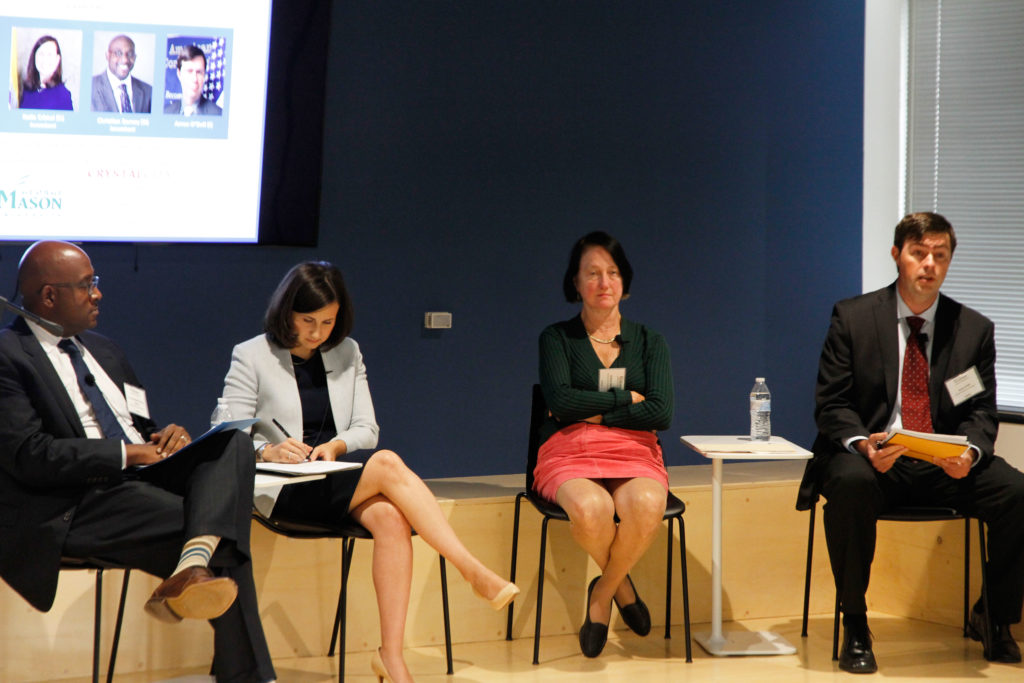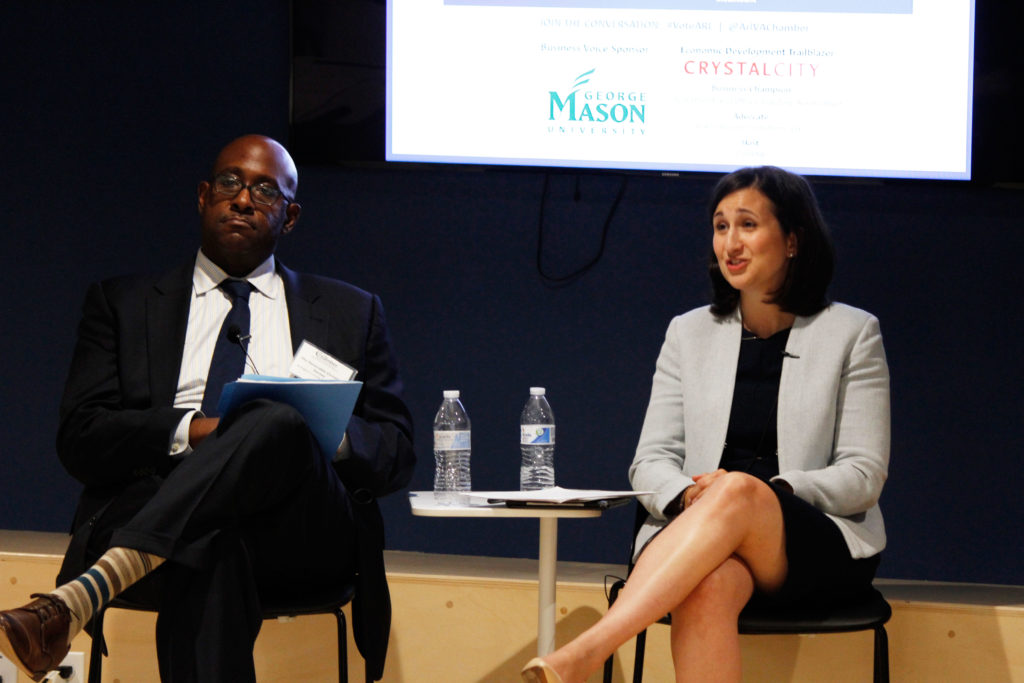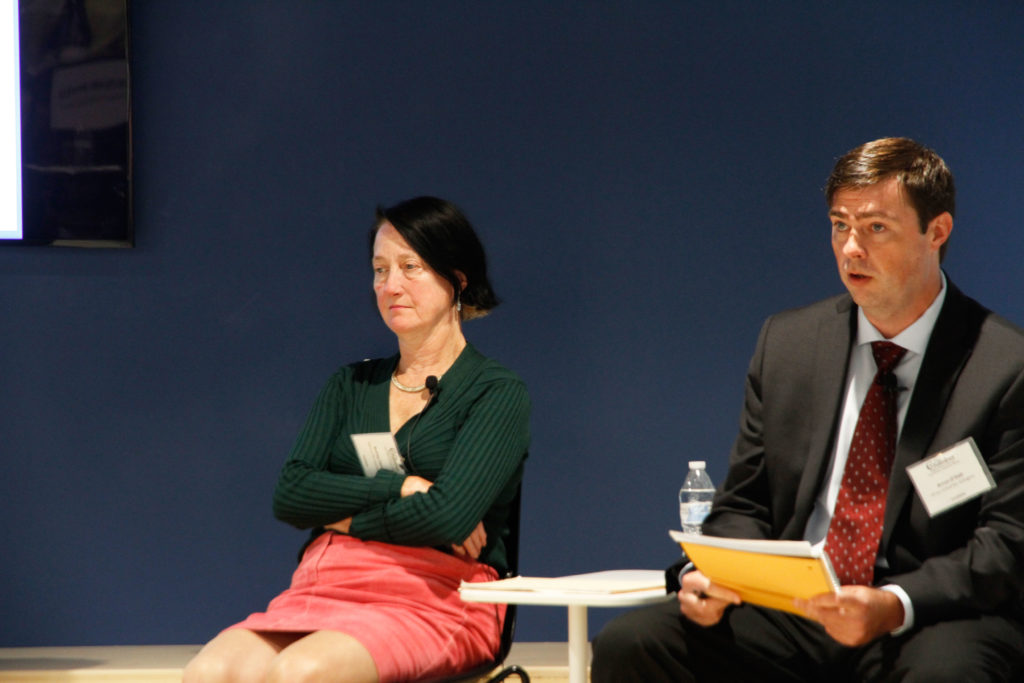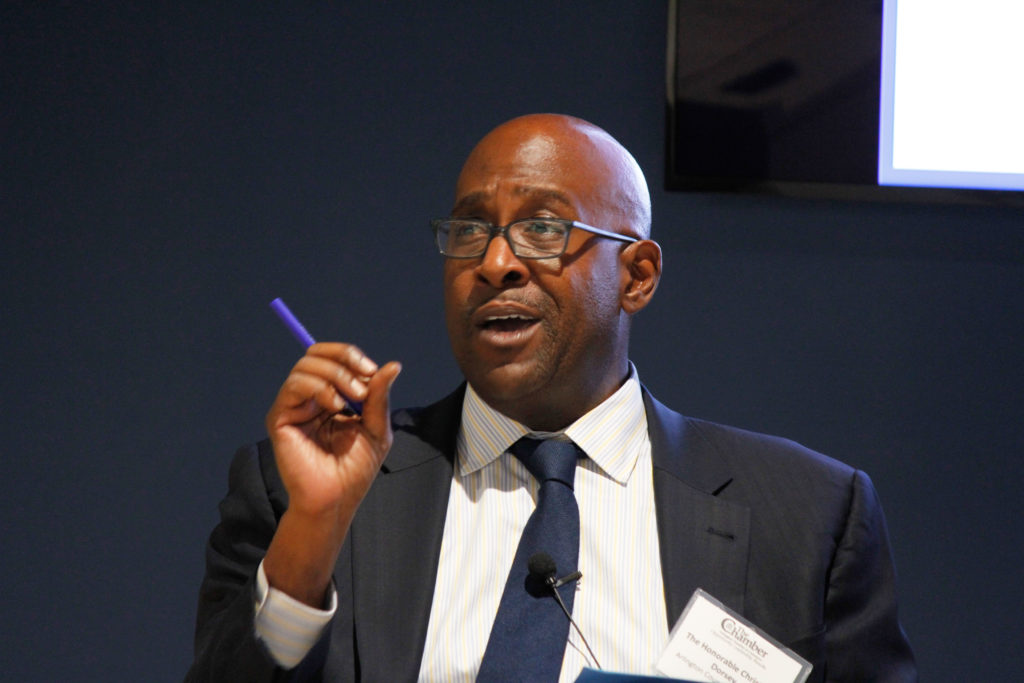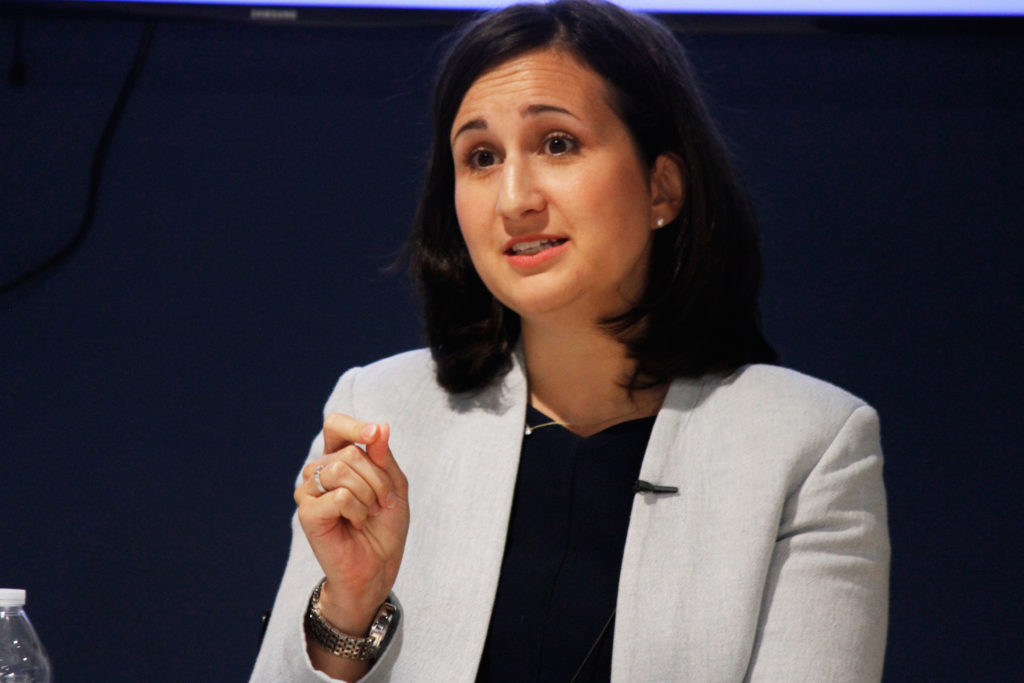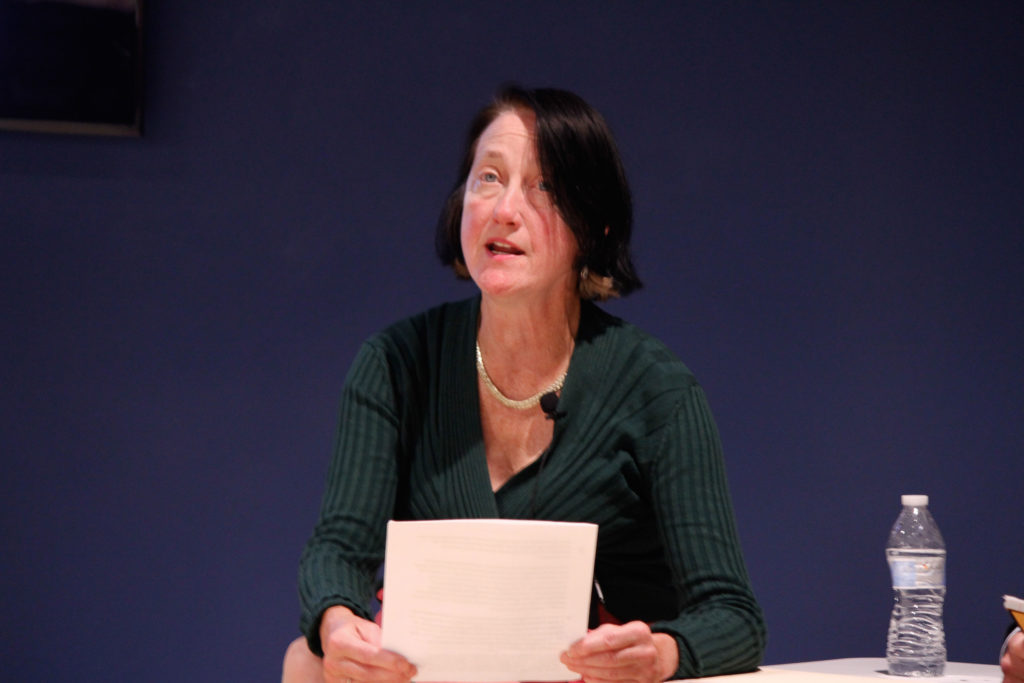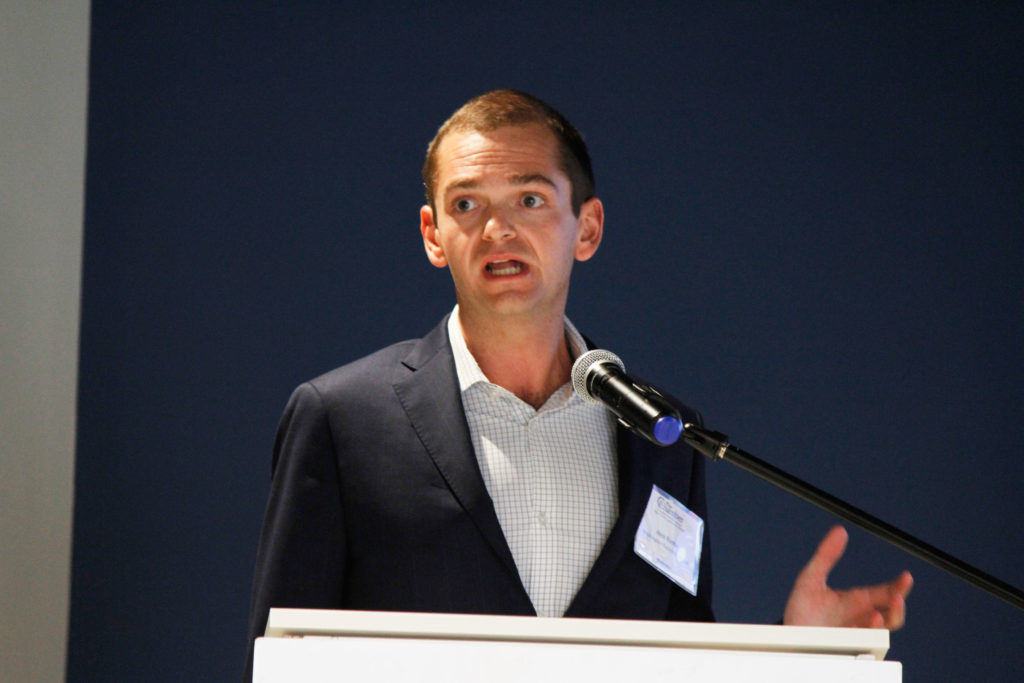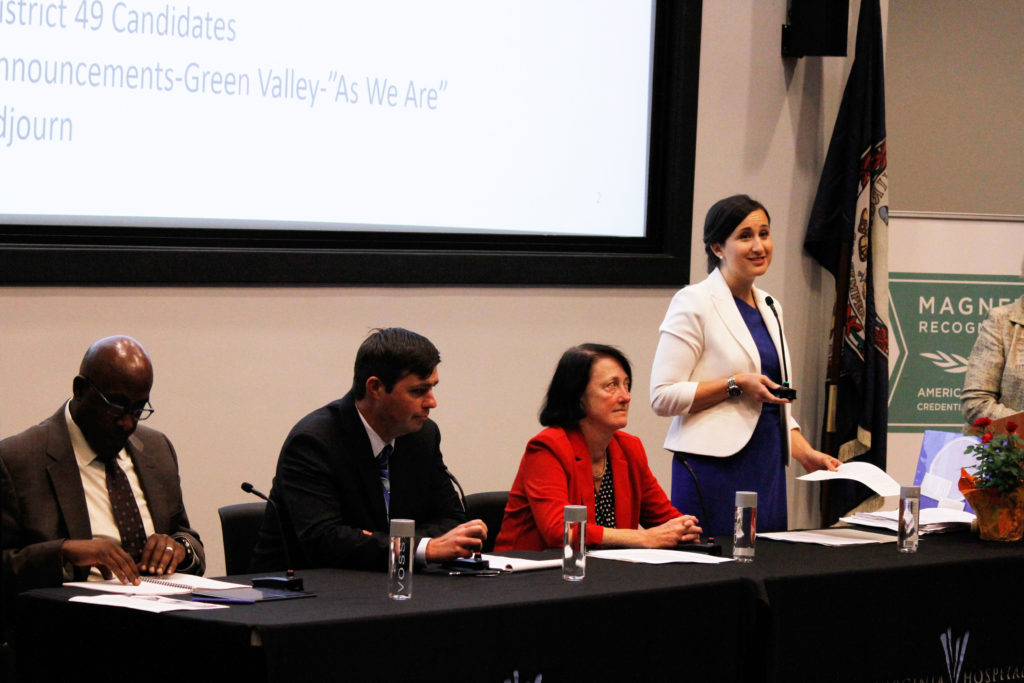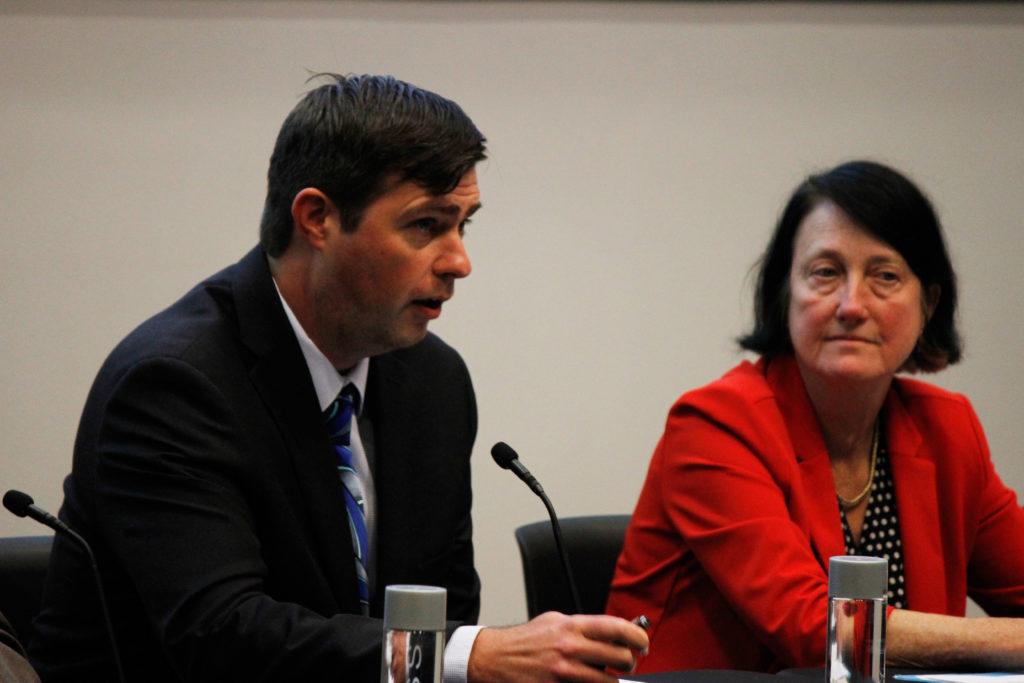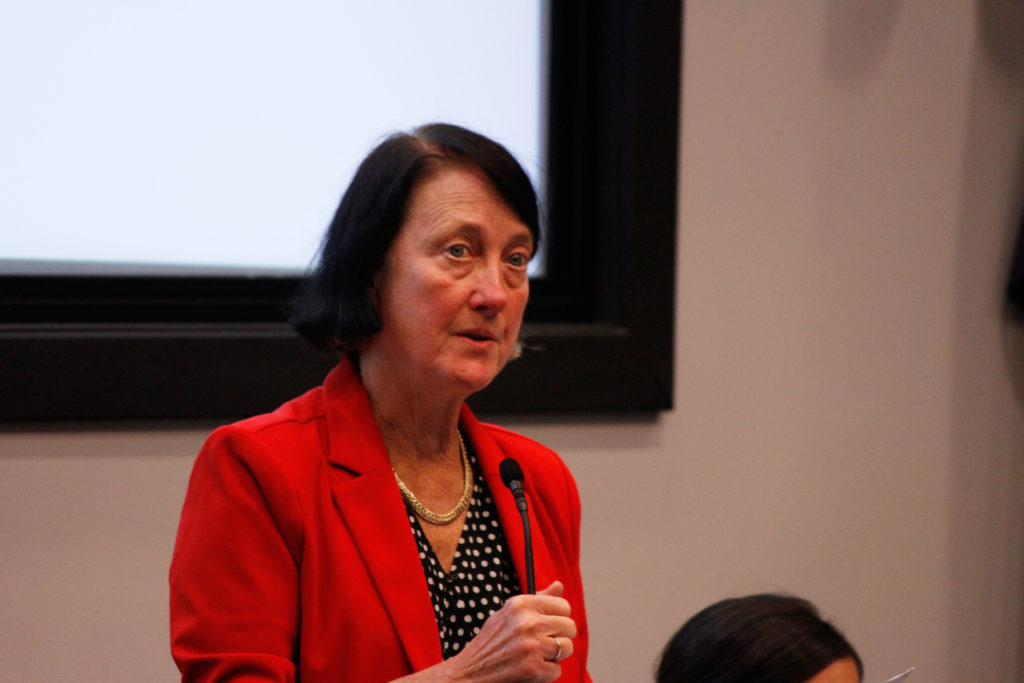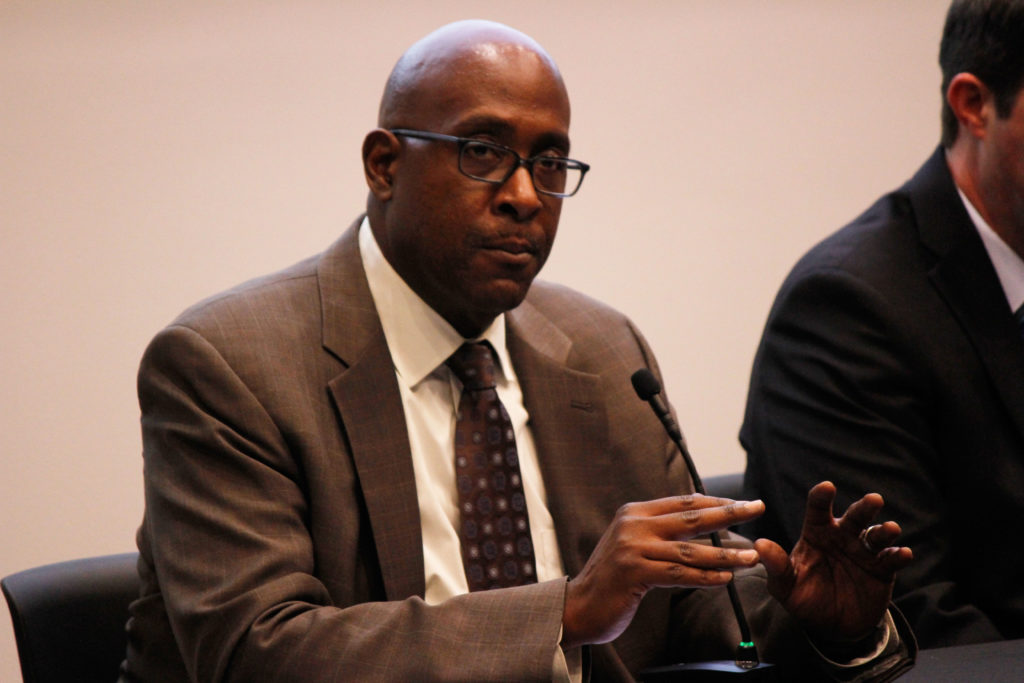Update at 9:40 a.m. — The Saturday County Board meeting is underway and 248 people are signed up to speak about Missing Middle. The Board expects to hear speakers today and during its Tuesday meeting before deliberating and potentially voting on Wednesday, according to County Board Chair Christian Dorsey. The Wednesday meeting will start at 4 p.m.
Earlier: The Arlington County Board is set to vote Saturday on zoning changes intended to add housing by allowing greater density in single-family neighborhoods.
The vote is the culmination of nearly a decade of discussion by elected officials that picked up steam after Amazon agreed to come to Arlington.
Since then, the county has taken incremental steps toward increasing housing. First, it allowed accessory dwelling units. Then, in fall 2020, it kicked off the “Missing Middle” housing study.
After more than two years of grassroots advocacy, politicking and vigorous debate — some of it caustic, introspective and divisive — County Board members have a final vote on their weekend agenda. There are no indications, at least as of today, that the discussion will get moved to the Board’s traditional carryover meeting next Tuesday.
The rezoning plan known as Missing Middle has been rebranded and modified in response to some community concerns such as parking, tree canopy, and the pace of development. The county intends it to address the racial, socio-economic and environmental impacts of previous exclusionary housing practices, in addition to allowing more of the moderate density housing currently limited by zoning codes.
Ahead of the vote, a trio of current and former Planning Commissioners, including two architects, published a guidebook with 12 “fixes” they say will help the county meet its goals more effectively. They say the goals of the current proposal are understandable and laudable but they predict numerous problems once the plan is in place.
“We felt that it was important to… not just criticize what the county has, but study what other communities have done and put on the table proposals that address some of what we see as planners and architects as shortfalls in the county plan,” said architect and former commissioner Brian Harner in a meeting of the Arlington County Civic Federation housing committee Thursday night.
The “fixes” range from placing more limitations on height, lot coverage and density to allowing more accessory dwelling units — effectively creating cottage clusters — and building in tools to incentivize affordability and reuse of existing homes, rather than teardowns.
These may come too late, given the vote is set for tomorrow, but Harner chalks this up to the public engagement process once the county had a draft in October 2022.
“The process was teed up in such a way that there was no chance for adequate public discussion,” Harner tells ARLnow.
For instance, the Planning Commission had just over one week to read the document and prepare for three meetings in rapid succession around the Thanksgiving holiday.
“In response, we created the guidebook, hoping to chart a course to a more well-considered EHO,” he continued, using the abbreviation for “Expanded Housing Options,” another term used by the county for Missing Middle. “The Board should pause and improve its proposal before adoption, but if not, we hope our work provides a set of tools to help Arlington get to a better EHO through the follow-on work that will be essential for overall success.”
Specifically, they say the proposal allows buildings that are too tall, too big and too dense, while falling short on affordability, equity, environmental preservation and neighborhood character. The Missing Middle proposal limits multifamily structures on lots to what is currently allowed for single-family detached homes, which the guidebook authors suggested is too big.
“We don’t see it as a zero-sum game where density fights against other qualitative aspects,” Harner said in the CivFed meeting. “We think we can have them both.”


